Lise Meitner, who discovered nuclear fission, is one of my heroes. She had to work twice as hard for everything, and did so much.
The Austrian government did not open the universities to women until 1901, when she was 23. They had only opened high schools to women in 1899, but luckily her father had hired a tutor to prepare her for the university before it opened, so she was ready to enter as soon as they let her in.
She decided to work on physics thanks in part to the enthralling lectures and friendly encouragement of Ludwig Boltzmann. After getting her doctorate in 1906, she went to Berlin to work with Max Planck. At first she found his lectures dry and a bit disappointing compared to Boltzmann's, but she soon saw his ideas were every bit as exciting, and came to respect him immensely.
In Berlin she also began collaborating with Otto Hahn, a young chemist who was working on radioactivity. Since women were not allowed in the chemistry institute - supposedly because their hair might catch fire - she had to perform her experiments in the basement for two years until this policy was ended. Even then, she did not receive any pay at all until 1911! But gradually her official status improved, and by 1926 she became the first woman physics professor in Germany.
Meitner was one of those rare physicists gifted both in theory and experiment; her physics expertise meshed well with the analytical chemistry skills of Hahn, and as a team they identified at least nine new radioisotopes. The most famous of these was the element protactinium, which they discovered and named in 1918. This was the long-sought "mother of actinium".
(1/n)






 요즈미나 🎄
요즈미나 🎄 

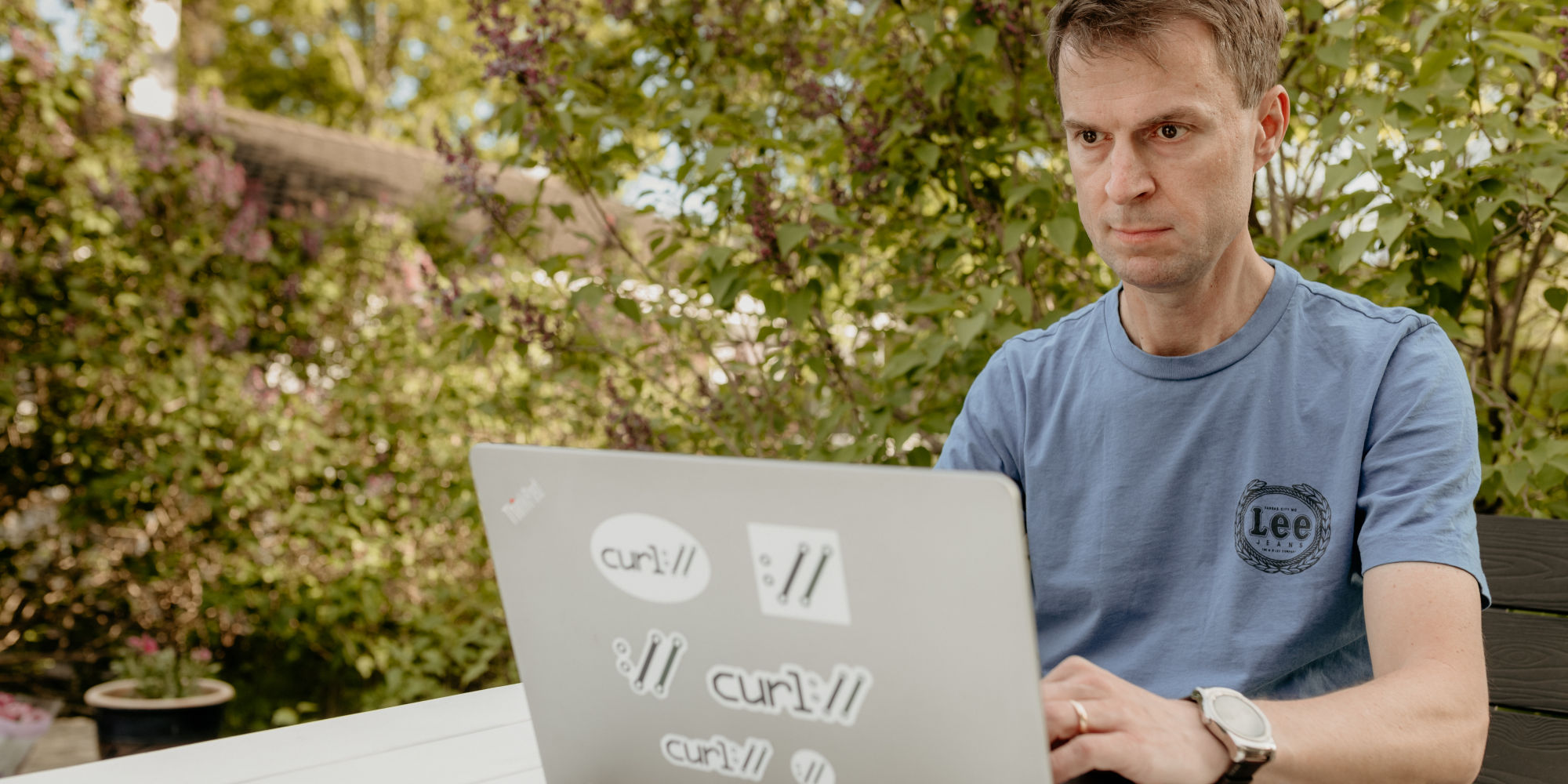

 DevelopersIO
DevelopersIO 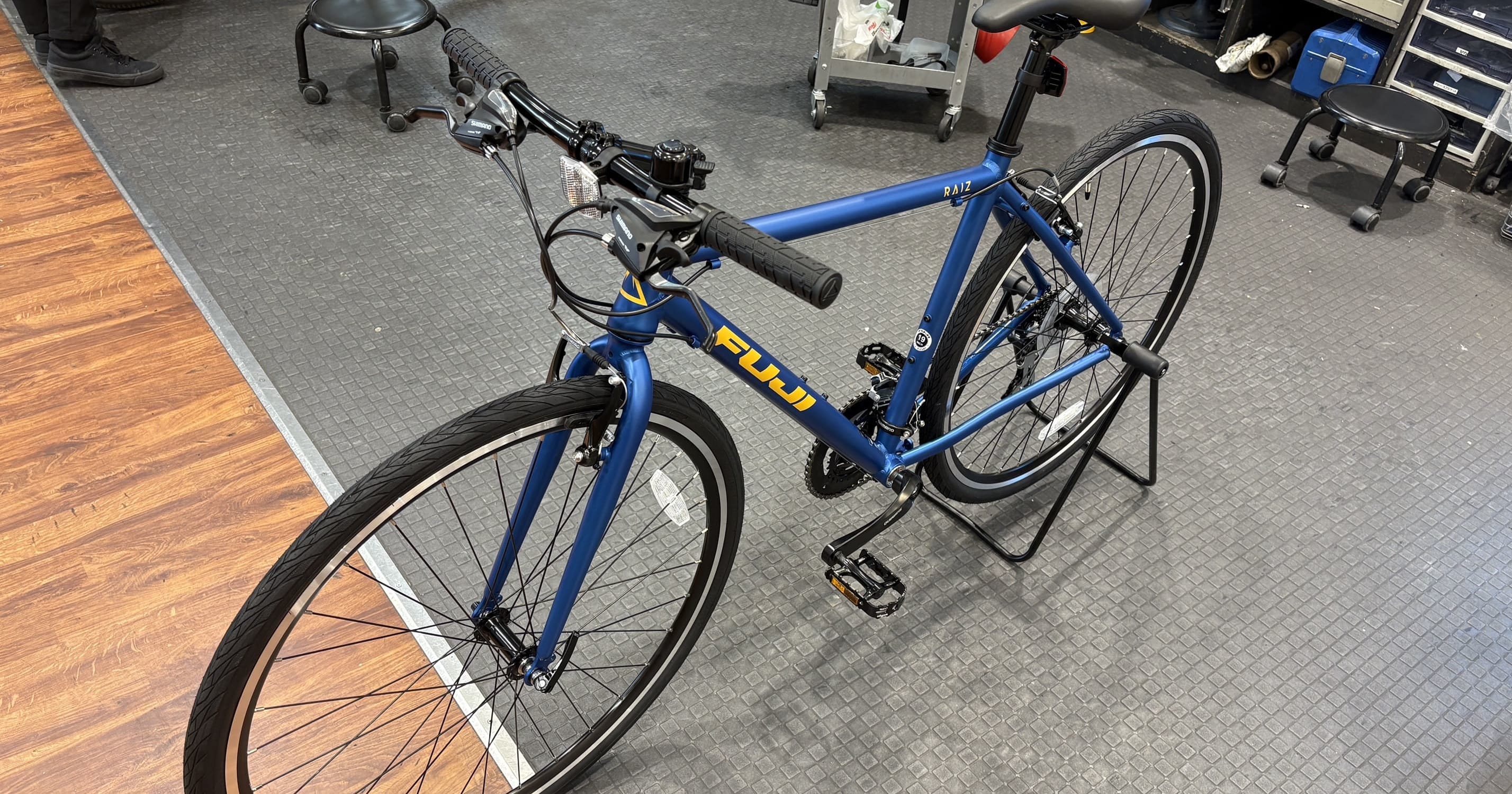
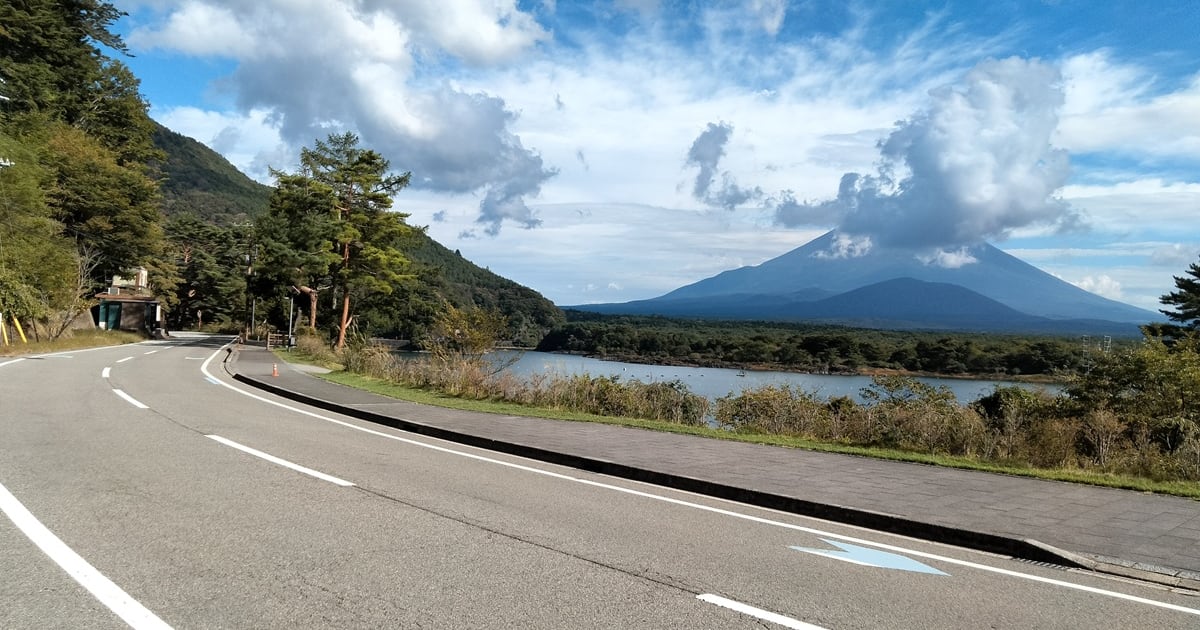

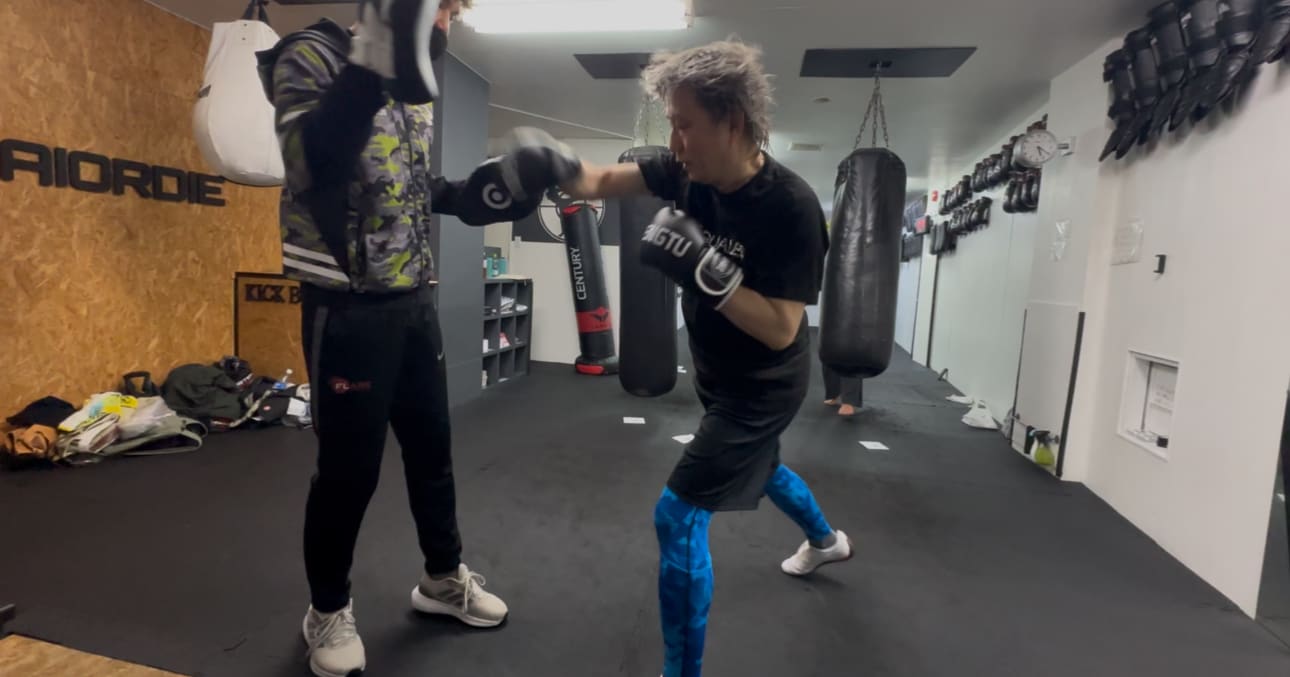





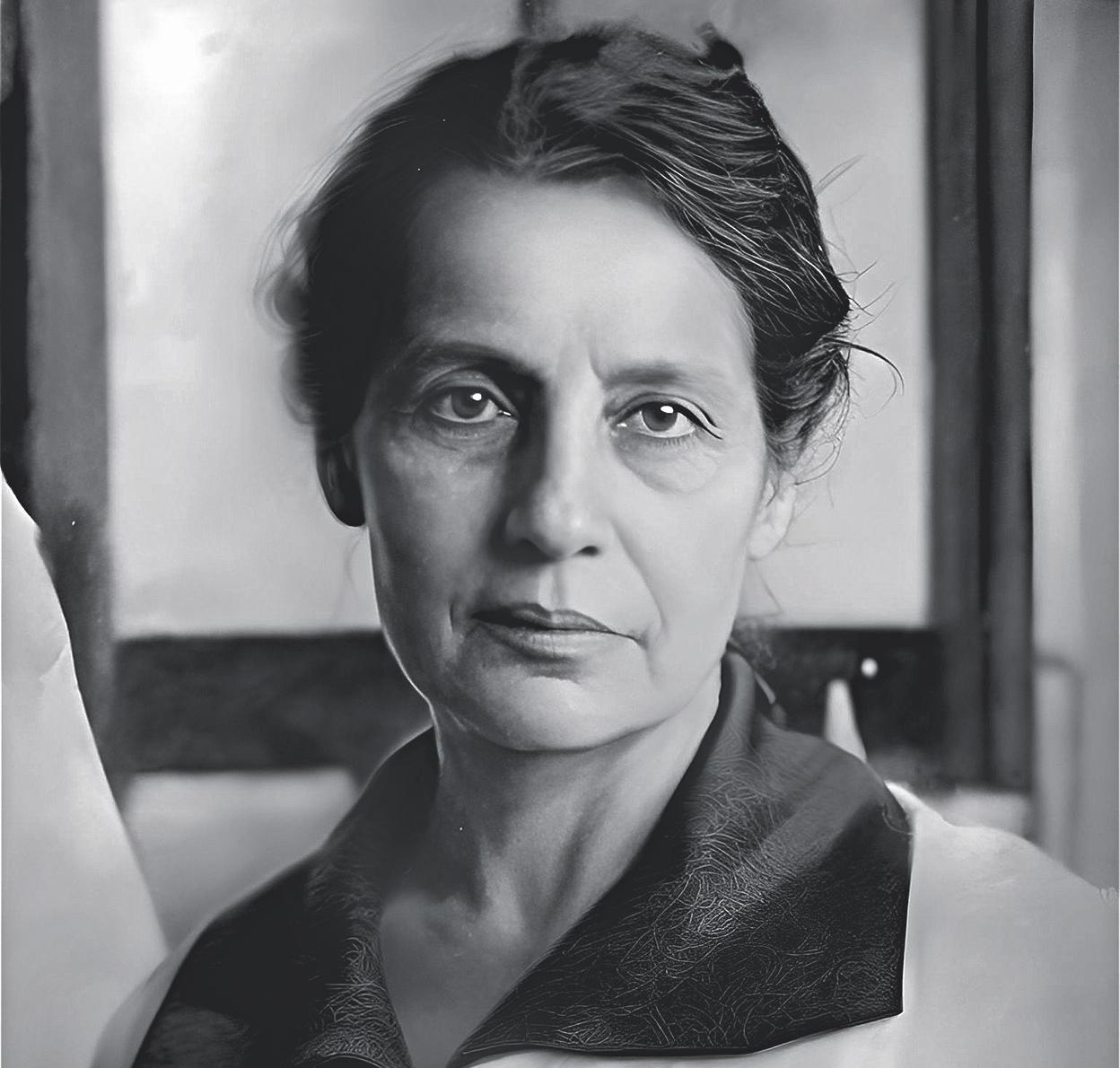



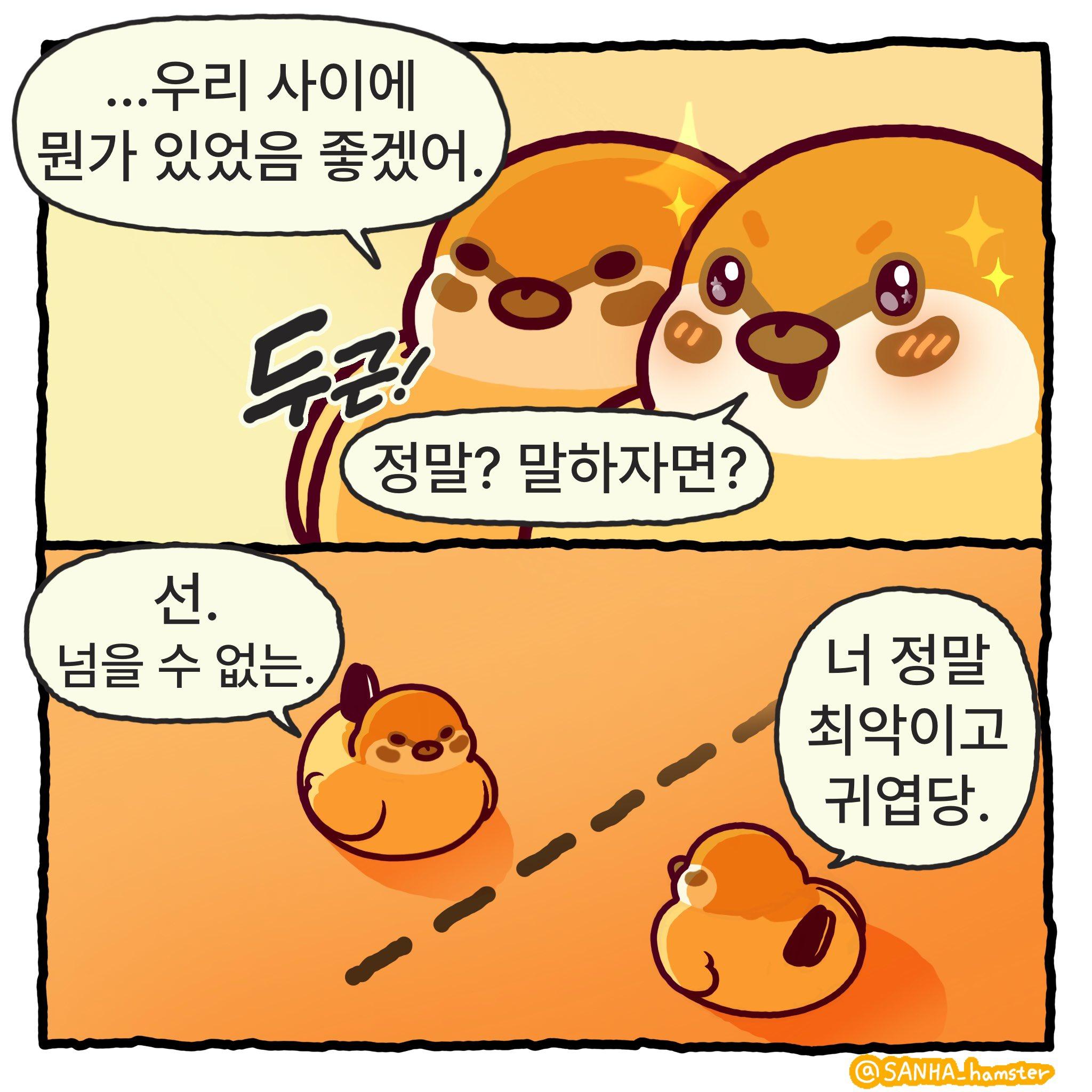



 わしゃ
わしゃ



